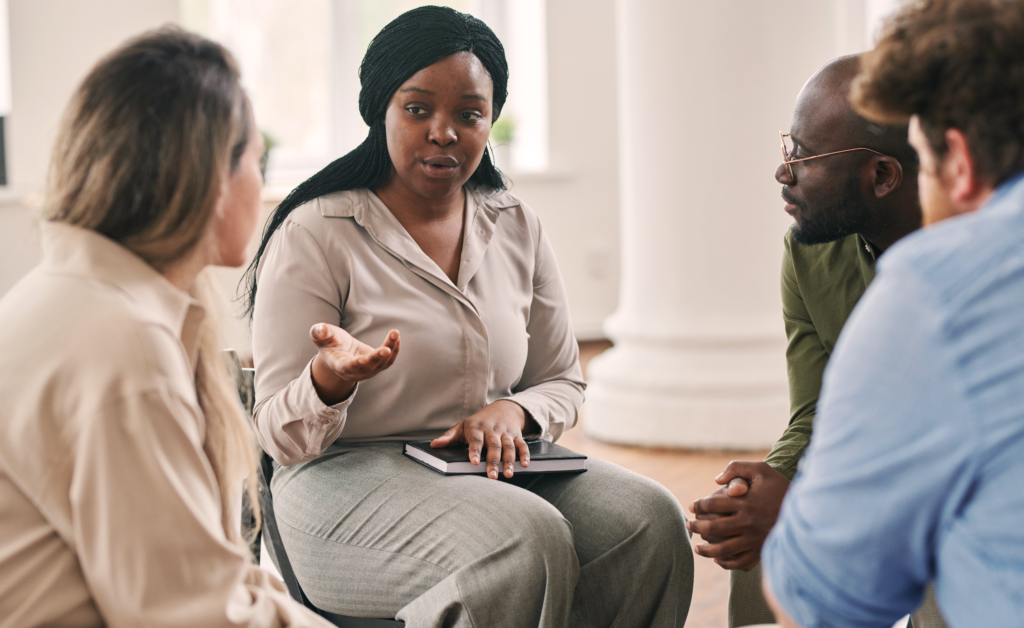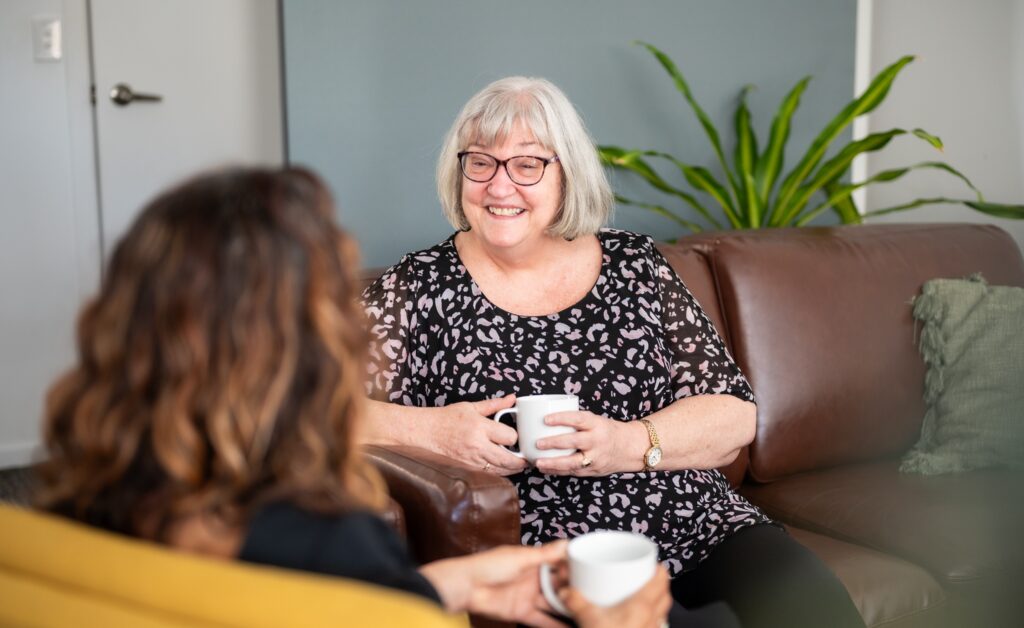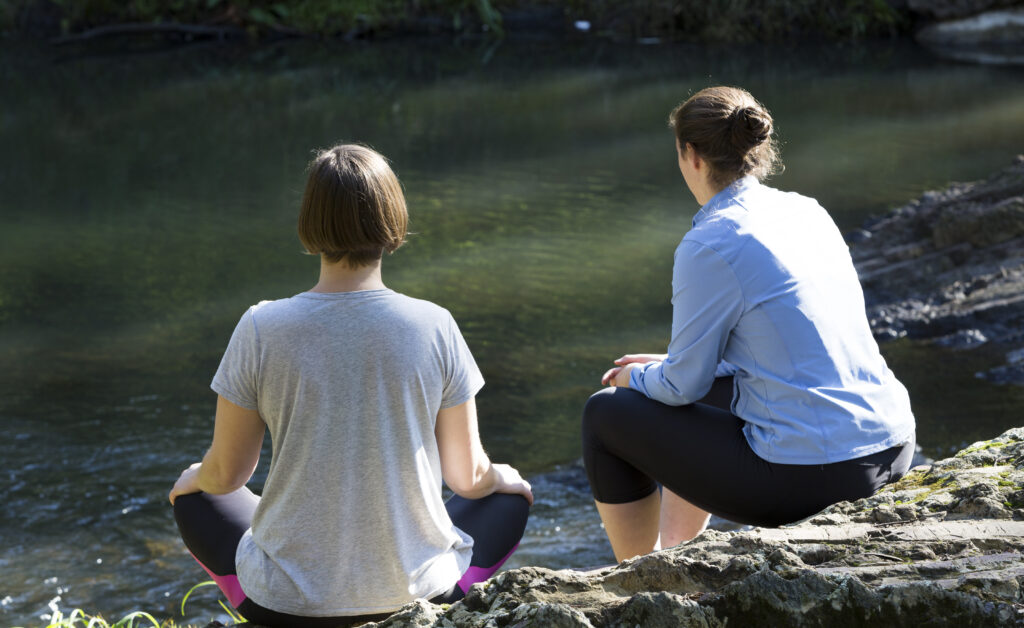“I’m trying to eat better, exercise more, walk more. These are all things I learnt through the group work at Neami, but I couldn’t put them into practice straight away,” says Rick, who has been attending groups through Neami Western Sydney’s Housing and Accommodation Support Initiative (HASI) program.
Accessing support at the service has helped Rick to make positive lifestyle changes, and the benefits to his overall health and wellbeing are clear.
“You know, I haven’t used (drugs) for a year. I haven’t gambled for nearly two years…I’m starting to realise that I am worthy. I am worthy to have good people in my life. I am worthy, worthy to do good things and do kind things to myself.”
Every week across Neami services, dozens of similar groups bring together people experiencing a broad range of mental health and wellbeing challenges. They provide what’s called psychosocial support through a range of activities, including structured health and wellbeing workshops, social outings and nature.
Participation offers a range of benefits, including providing a safe space for connection, learning and skill development, and supporting health and wellbeing goals with increased confidence.
The support is often long-term – in some cases over several years – giving these groups a unique role in the mental health system, particularly for people with a history of mental health challenges.
For staff running the groups, it’s complex work but inherently rewarding work that requires them to bring diverse professional and lived expertise into the spaces they facilitate.
We spoke to Neami staff around the country, to hear more about their experiences.


